Christopher Nolan has always been a filmmaker who takes us to the edge of human experience, whether by exploring dreams (“Inception”), time (“Tenet”), or the vastness of space and love (“Interstellar”). Now, with his upcoming 2026 release, “The Odyssey,” speculation is rife that this monumental project could be a spiritual, if not direct, sequel to “Interstellar.” Set to be Nolan’s most ambitious endeavor yet, “The Odyssey” boasts a jaw-dropping $250 million budget and will be shot entirely using next-generation IMAX cameras. While the plot remains a closely guarded secret, the potential connections to “Interstellar” and the groundbreaking technology behind the film suggest that Nolan is once again poised to redefine the cinematic landscape.
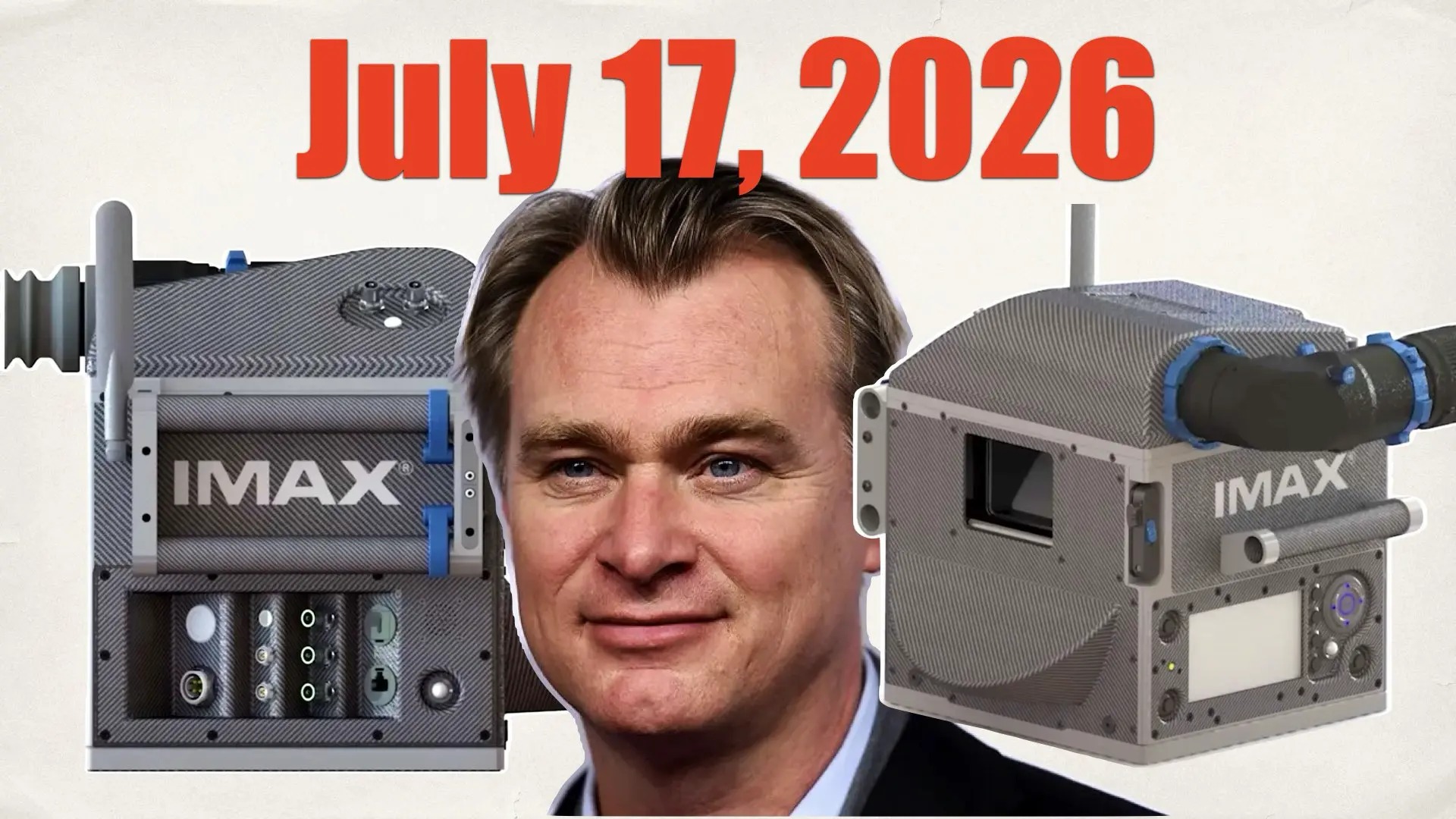
A Sequel to “Interstellar”: Cosmic Continuity
“Interstellar” was a profound exploration of humanity’s survival instincts, love as a dimension, and the scientific wonders of space travel. Its ending, however, left room for expansion. Cooper (Matthew McConaughey) embarks on a journey to reunite with Brand (Anne Hathaway) on the distant planet where humanity’s survival rests. Could “The Odyssey” pick up where “Interstellar” left off? The title itself evokes a journey of epic proportions, much like Homer’s ancient Greek epic. Speculation suggests that “The Odyssey” might delve deeper into the aftermath of humanity’s relocation to a new planet. What challenges await in this uncharted world? Could it explore themes of rebuilding civilization, grappling with isolation, or even encountering alien intelligence? While these ideas remain conjecture, the thematic parallels between “Interstellar” and “The Odyssey” are undeniable.
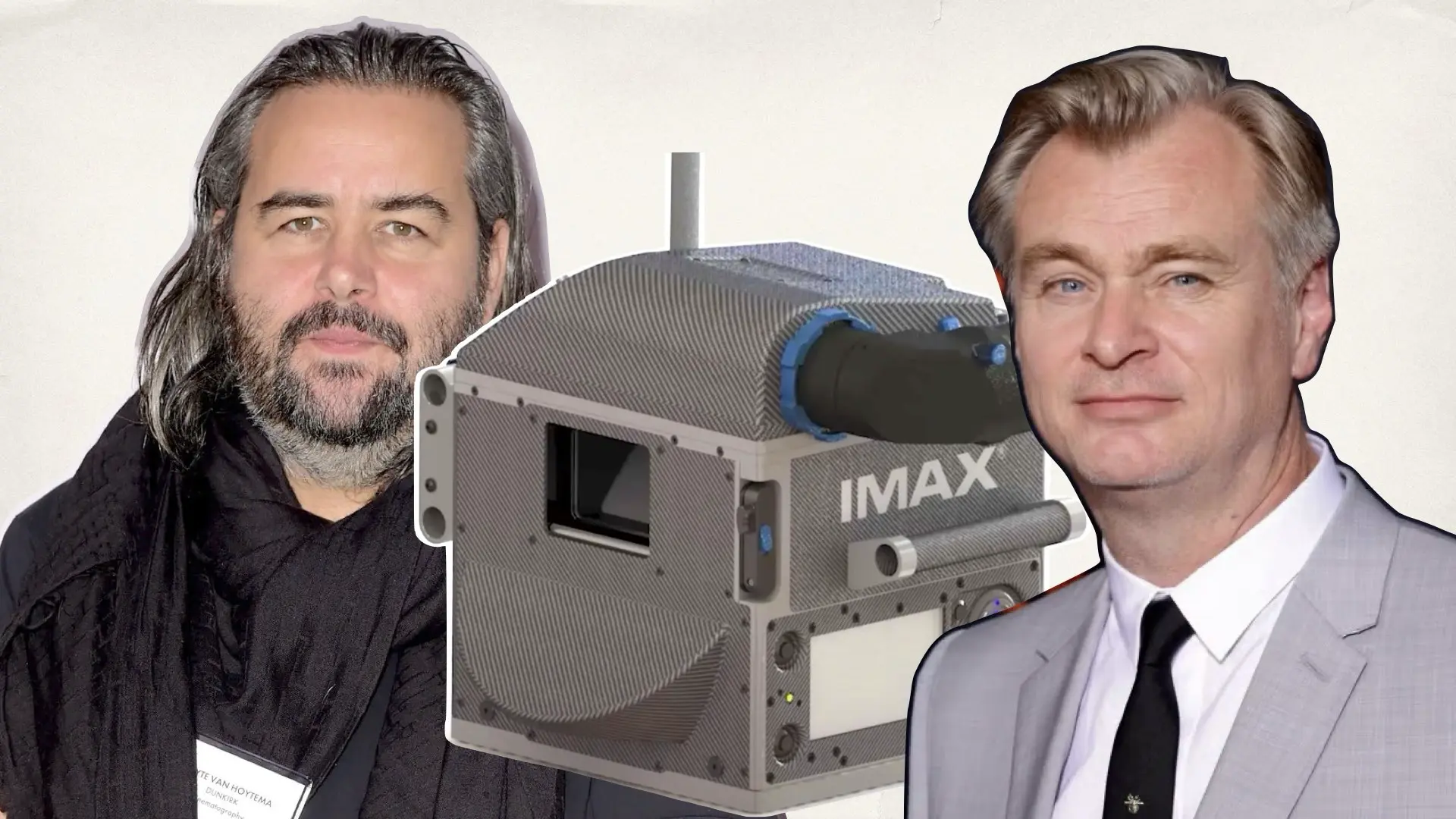
Why “The Odyssey” Will Eclipse “Oppenheimer”
Nolan’s “Oppenheimer” was lauded for its meticulous storytelling, compelling performances, and historical gravity. Yet “The Odyssey” is set to surpass even this cinematic triumph. Here’s why:
- Budget and Scope: With a reported budget of $250 million, “The Odyssey” is Nolan’s costliest project yet. This “Niolanic” investment reflects the immense scale of the film, suggesting visual and narrative spectacles beyond anything we’ve seen before.
- Themes of Universal Relevance: While “Oppenheimer” examined humanity’s destructive capabilities, “The Odyssey” may pivot toward humanity’s potential for exploration, resilience, and unity—themes that resonate on a universal level.
- Technological Innovation: The decision to shoot entirely on next-generation IMAX cameras underscores Nolan’s commitment to pushing the boundaries of cinema, as discussed in this article.
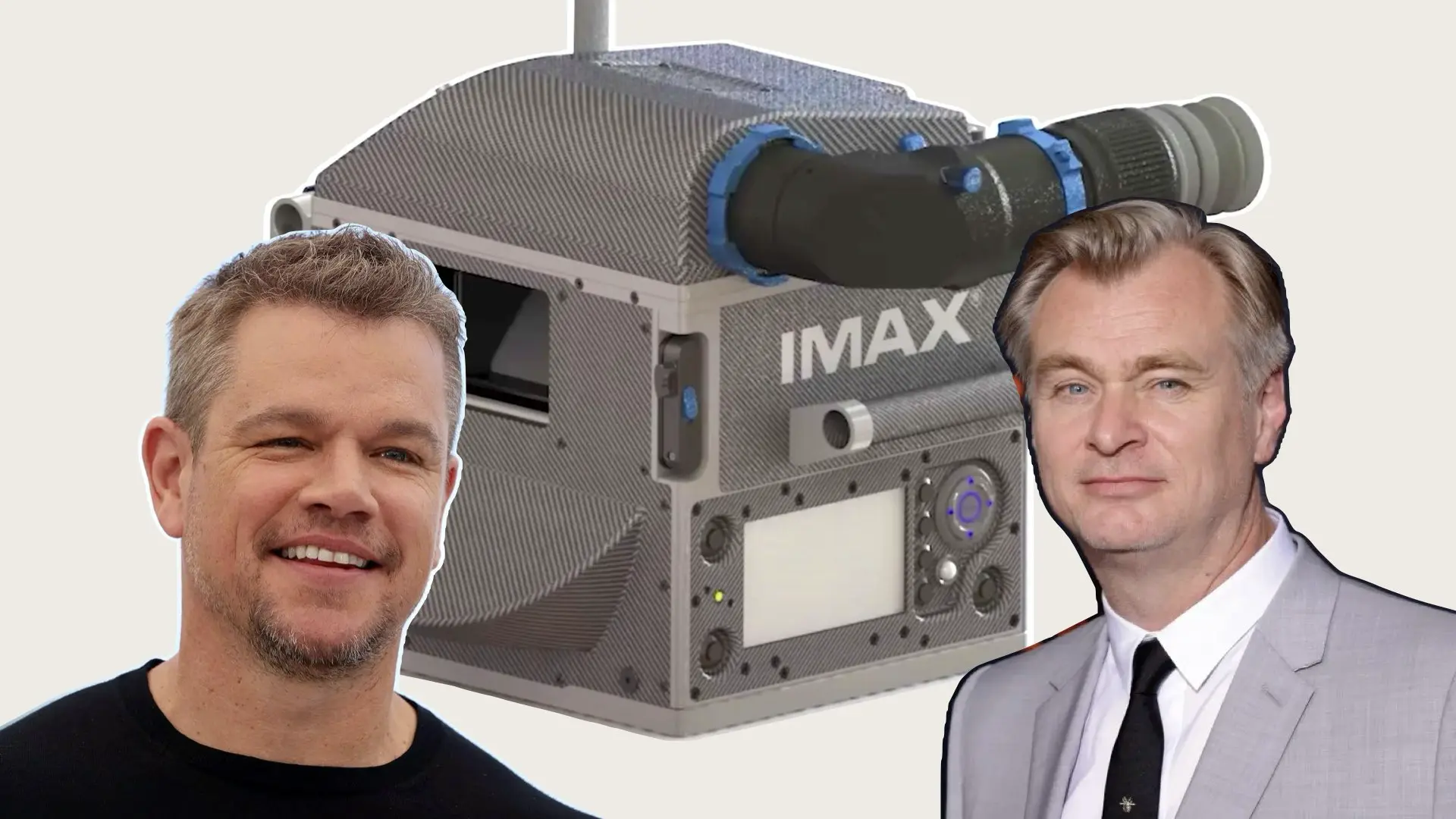
Next-Gen IMAX Cameras: The Future of Film
IMAX has long been a cornerstone of Nolan’s cinematic approach, but “The Odyssey” marks a turning point in the use of this technology. According to reports, Nolan and his trusted cinematographer Hoyte van Hoytema have been testing IMAX’s latest film cameras, which offer unprecedented image quality and dynamic range. These cameras are rumored to capture even greater detail, making them ideal for depicting the vastness of space and the intricacies of alien landscapes. Shooting on IMAX film elevates the audience’s experience, immersing them in visuals that are both breathtakingly detailed and cinematically grand. IMAX’s commitment to preserving the art of filmmaking aligns perfectly with Nolan’s ethos. By using this cutting-edge technology, “The Odyssey” could set a new benchmark for visual storytelling.
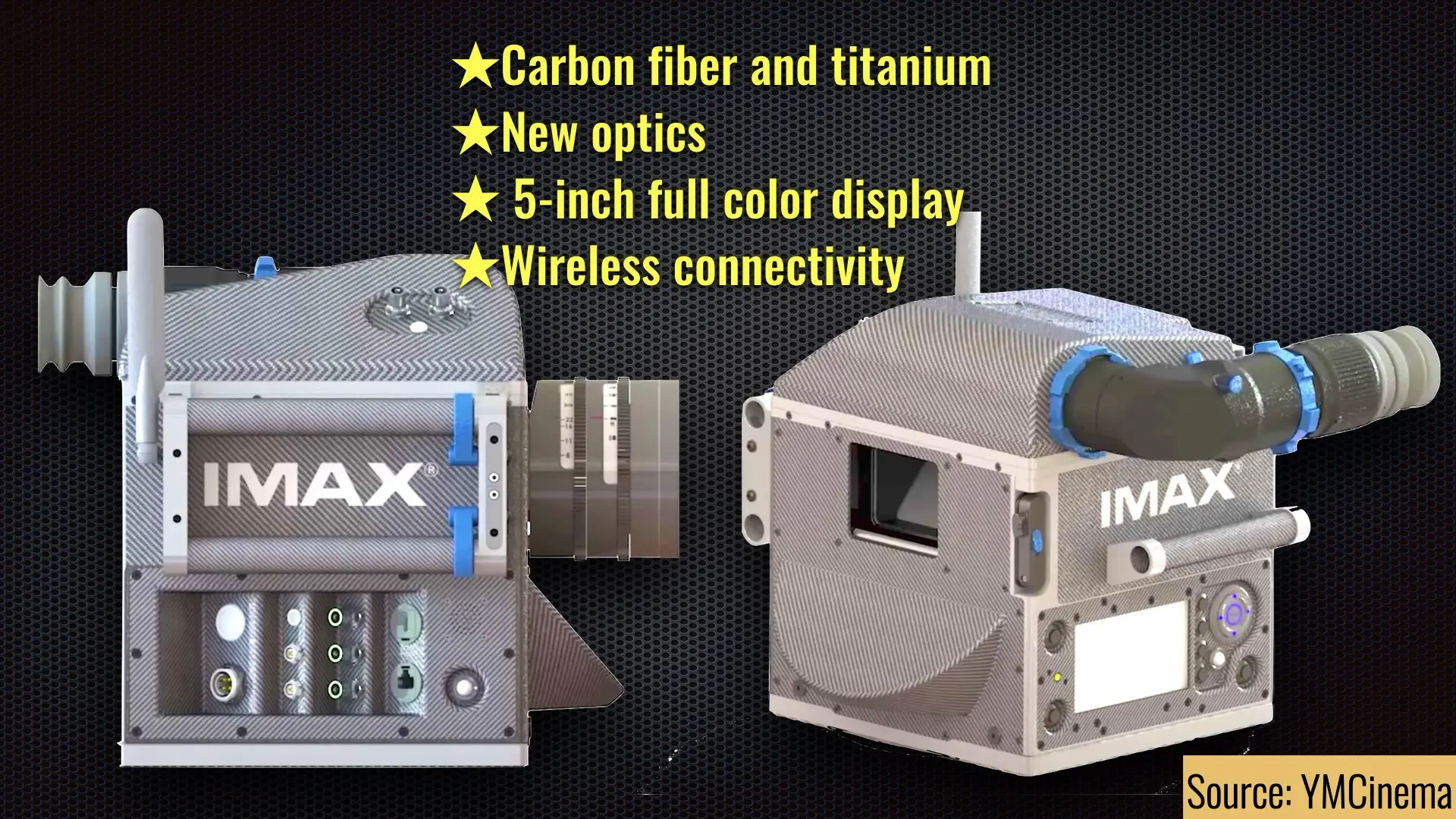
Comparing “The Odyssey” to “Interstellar”
While “Interstellar” was a deeply emotional journey rooted in science and love, “The Odyssey” promises to expand these themes on an even grander scale. Consider the following comparisons:
- Scope: “Interstellar” explored our solar system and a few distant planets, whereas “The Odyssey” could traverse multiple galaxies, incorporating more speculative science and imaginative worlds.
- Character Dynamics: While “Interstellar” focused on familial bonds, “The Odyssey” might explore the broader dynamics of a nascent civilization or humanity’s place in a cosmic community.
- Visual Style: The advancements in IMAX technology will undoubtedly make “The Odyssey” a more visually stunning experience, building on the already impressive visuals of “Interstellar.”

The Legacy of “The Odyssey”
“The Odyssey” would be more than just a film; it is a statement of intent. It represents Nolan’s ambition to push the boundaries of what cinema can achieve. By combining a massive budget, groundbreaking technology, and themes of profound human significance, “The Odyssey” has the potential to redefine epic filmmaking for a new generation. As we await further details about the plot, one thing is clear: Nolan’s journey into “The Odyssey” is not just a continuation of his artistic evolution but perhaps the culmination of it. Whether or not it directly ties to “Interstellar,” it promises to be an odyssey in every sense of the word.

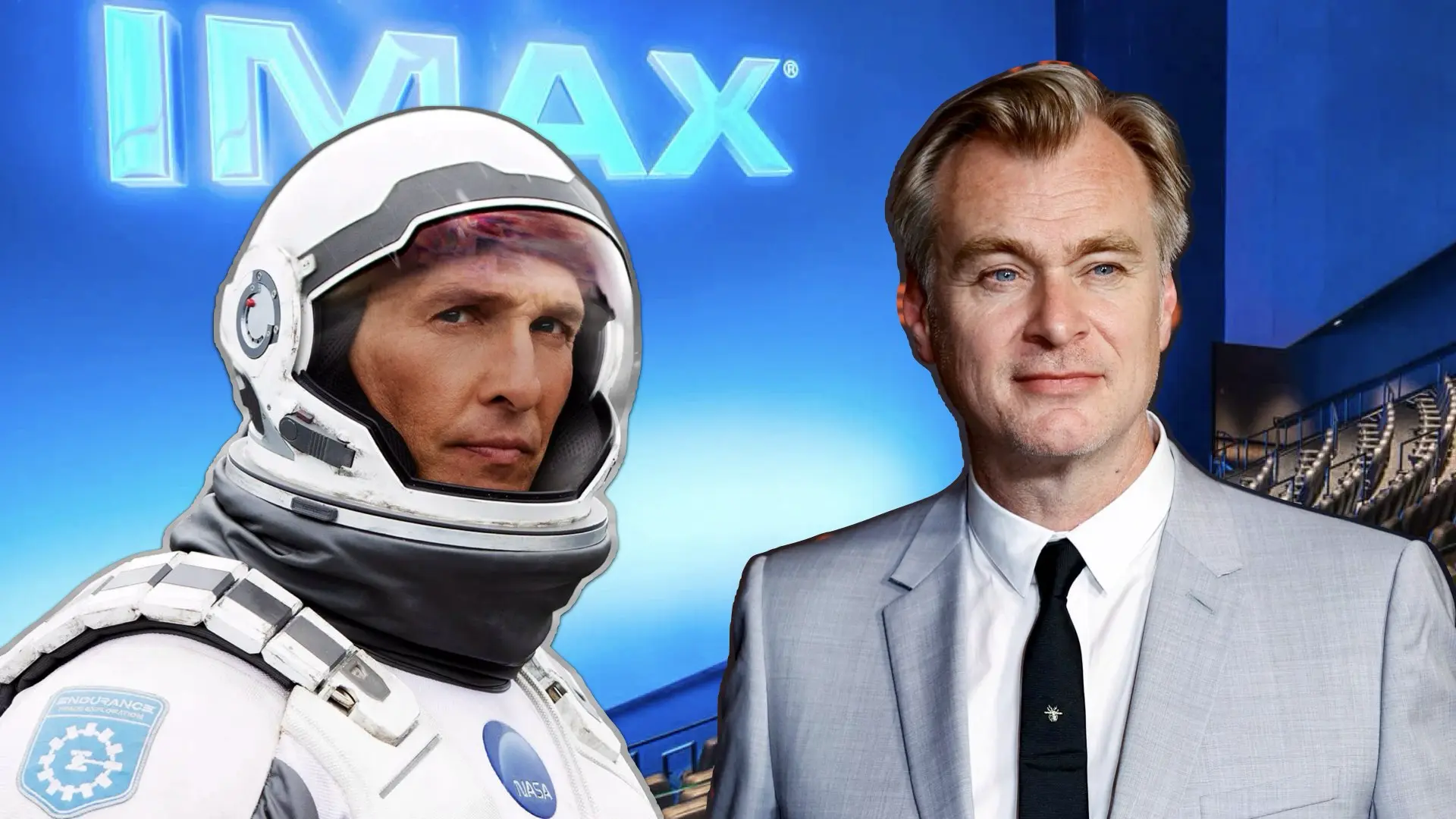
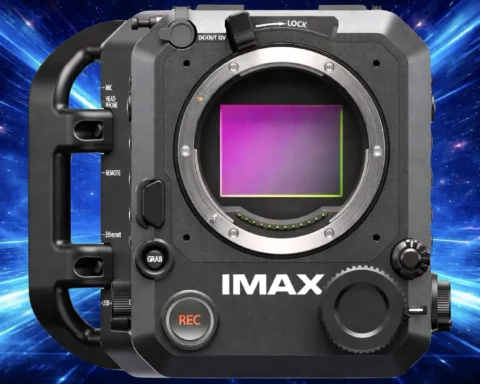

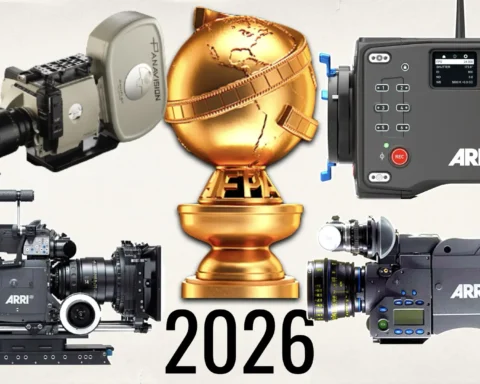

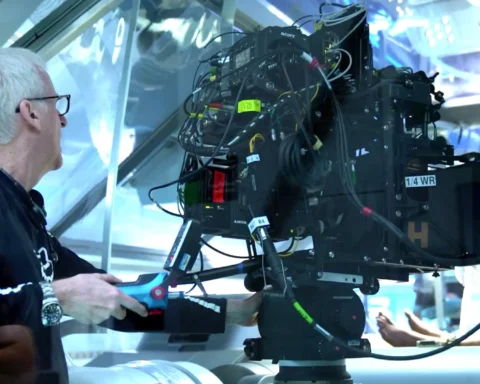



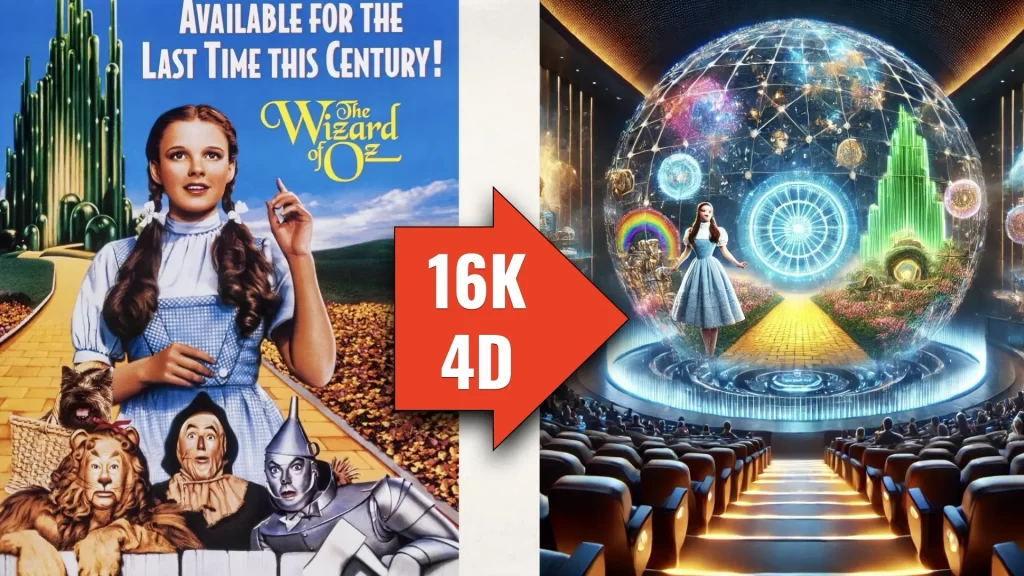
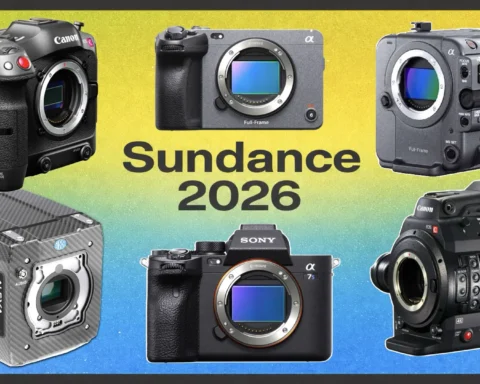
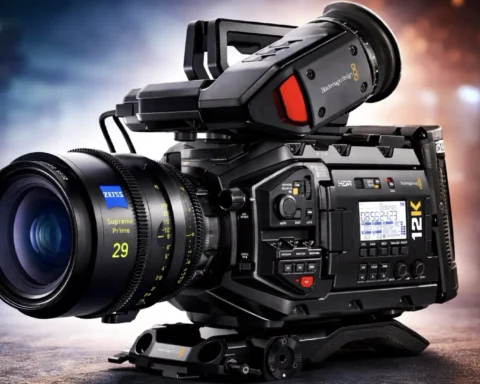




Please just leave Interstellar be, and not sequal it. It’s a beautiful film, all on it’s own.
The Odyssey will be spectacular too.
I really hope so too.
Every other outlet seems to indicate Nolan’s film will be based on Homer’s Odyssey, making it very unlikely that it has anything at all to do with Interstellar.
Let’s hope it’s not a sequel to Interstellar, the worst piece of fantasy nonsense ever made!
Interstellar
Is ground breaking—it involves technology we can relate with,our technological capacity now or in the near future!! our courageous potential, as a species , to push technological boundaries when the need arises!!
Yet another AI slop article… Christ, what a depressing world we’re living in
If you think this piece feels like “AI slop,” we invite you to read deeper. We were actually among the first outlets to closely follow the development of the next-gen IMAX 70 mm cameras being used for Nolan’s Odyssey. What “AI” about that?!